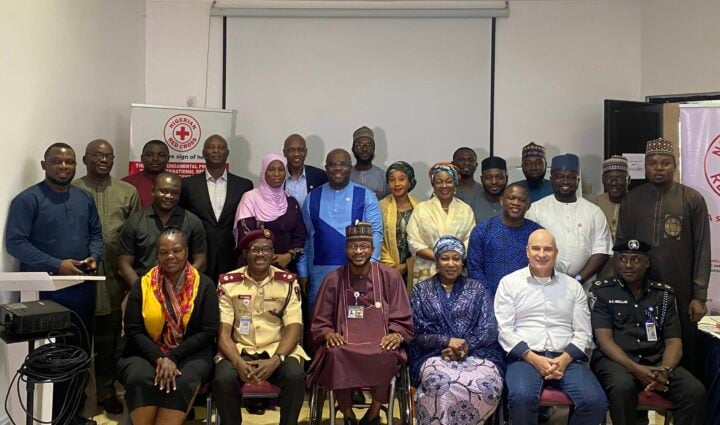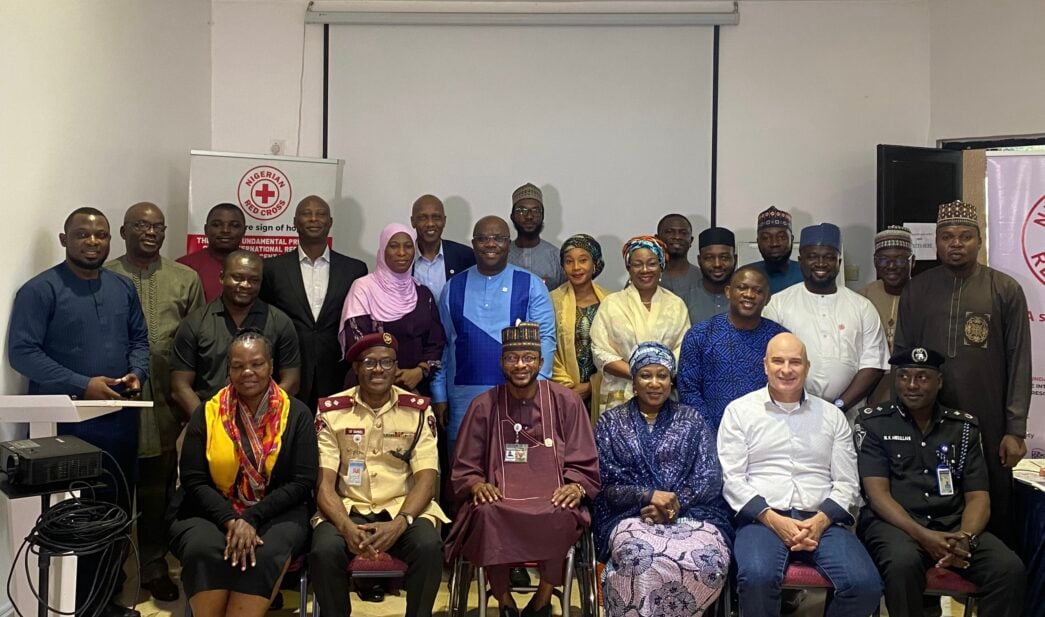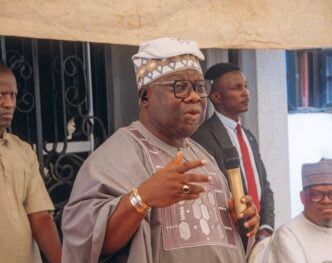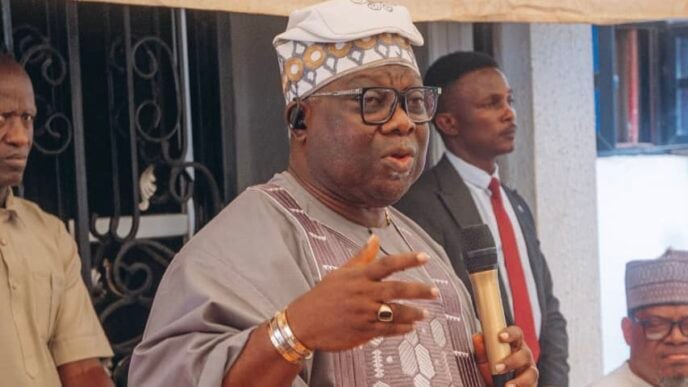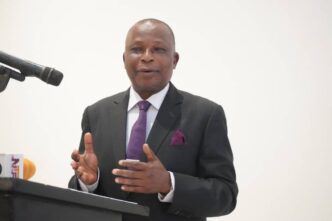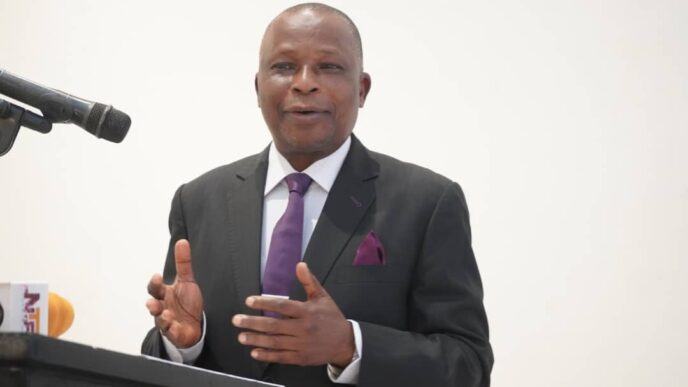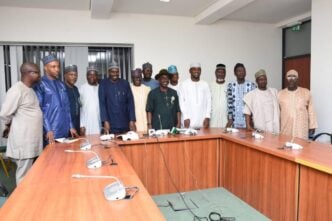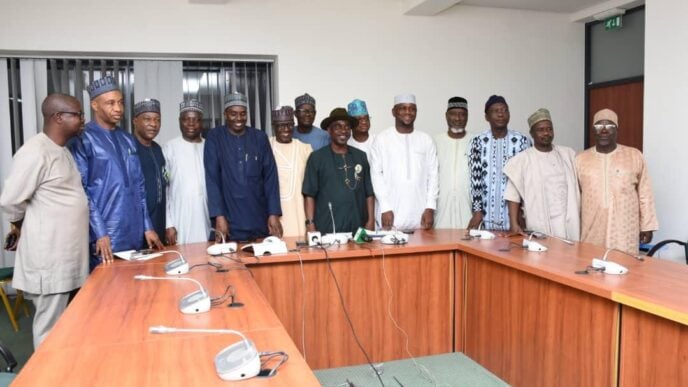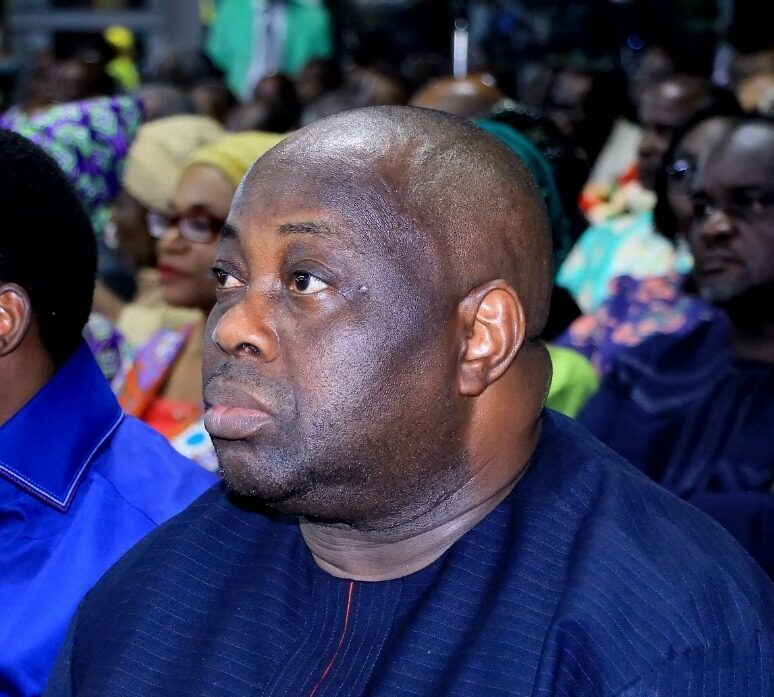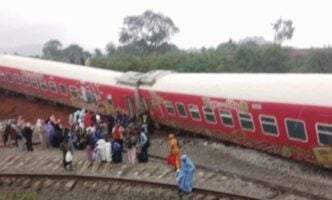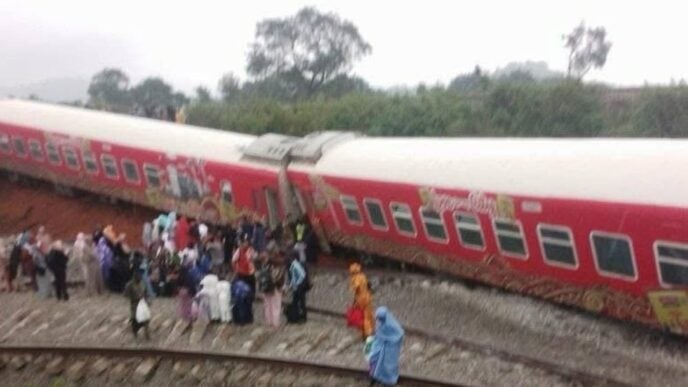The British Red Cross says Nigeria’s need for support is growing due to climate change and conflict.
Karsten Voigt, country representative of the British Red Cross, spoke on Tuesday at a validation workshop of the Nigerian Red Cross Society’s (NRCS) two-year unified plan (2026–2027) to strengthen resilience, protect lives, and align with national and global priorities.
Voigt said climate change is one of five priority areas of the strategy of the International Federation of the Red Cross (IFRC) and the NRCS.
He said adapting to climate change and supporting communities dealing with the increased impact of climate change is, therefore, one of the key activities the Red Cross focus on.
Advertisement
“Nigeria is a vulnerable country when it comes to man-made and natural crisis and disasters. And with climate change, with conflict, that need for support is growing,” he said.
“At the same time, the Nigerian Red Cross and the Red Cross Network is affected as many other organisations by funding cuts globally and diversion of funds into other conflict areas.
“So we have to be smart and have a larger impact while at the same time having to deal with decreasing funds. This meeting today was called so that we can plan together as a Red Cross movement to address these challenges.”
Advertisement
Oluyemisi Adeaga, NRCS national president, said the workshop marks a significant step in collective efforts to strengthen humanitarian action across Nigeria.
Represented by Umu Muhammad Mustafa, national programme planning advisor for NRCS, Adeaga said over the past months, the organisation has worked tirelessly with its branches, partners, and technical teams to develop the plan.
He said the plan reflects the organisation’s shared priorities in health, disaster response, livelihoods, protection, and community resilience.
“The objective is to come together, to harmonise and have a robust roadmap of success on the humanitarian activities,” he said.
Advertisement
“We are talking about climate change, disasters, health issues, migration and displacement issues. We want to see how to alleviate the human sufferings of our people in the communities.”
On his part, Mohammed Abba Isa, senior special assistant to the president on special needs and equal opportunities, said persons with disabilities (PWDs) and those with special needs are often disproportionately affected in times of crises, disasters, health emergencies, and social disruptions.
“Therefore, it is imperative that their perspectives remain integral to both the design and implementation of this plan,” he said.
Isa said true humanitarian work must advance inclusion, empowerment, and protection.
Advertisement
He added that by recognising PWDs not only as beneficiaries but as active agents of change and resilience, the agency and government stakeholders will strengthen equity, participation, and social justice.
Advertisement
